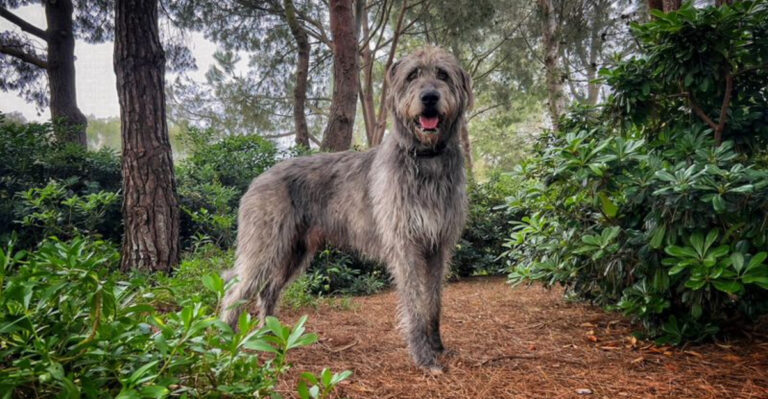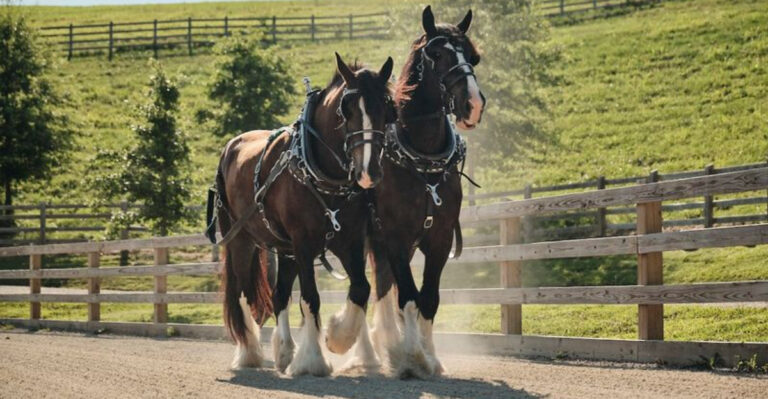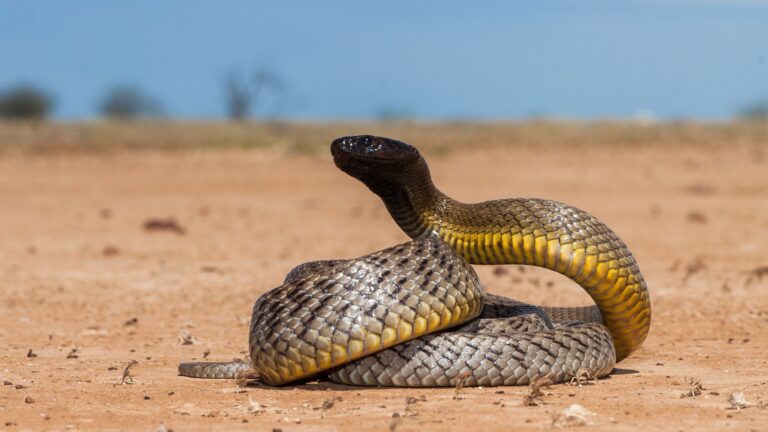12 Reasons Penguins Need Our Attention
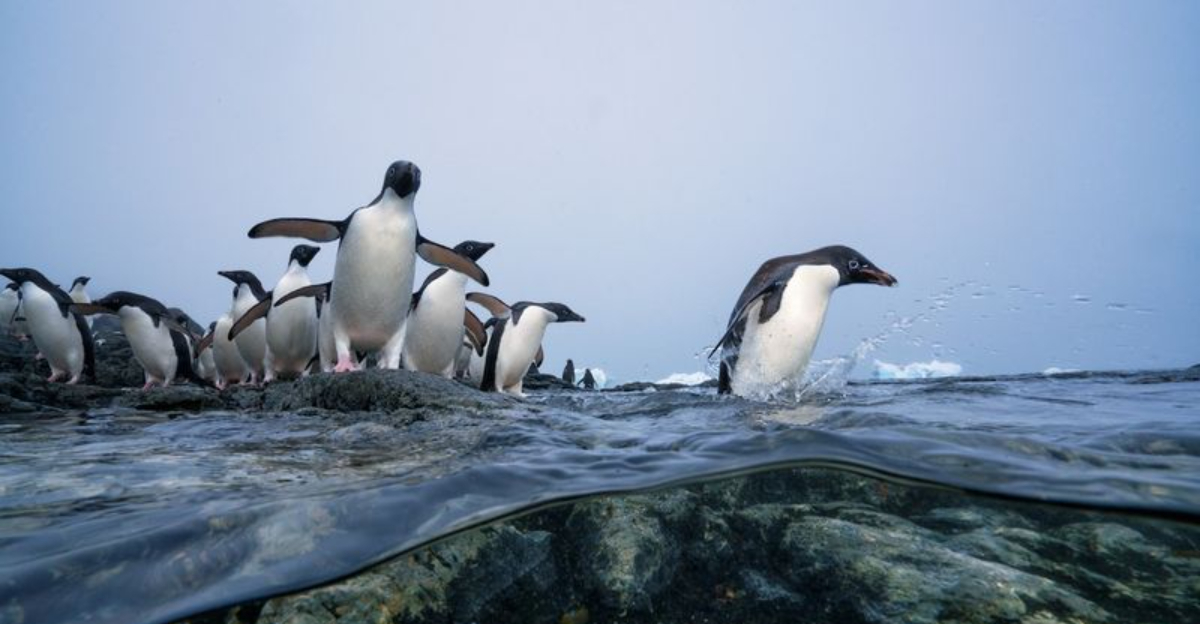
Penguins, those charming flightless birds with a tuxedo-like appearance, capture our hearts and imaginations. Yet, their existence is fraught with challenges that demand our awareness and action.
From climate change impacts to threats from human activity, penguins symbolize a broader environmental narrative. Delving into these reasons not only highlights their struggles but also underscores our role in preserving their future.
Let’s explore these compelling reasons why these delightful creatures need our attention now more than ever.
1. Climate Change Impact
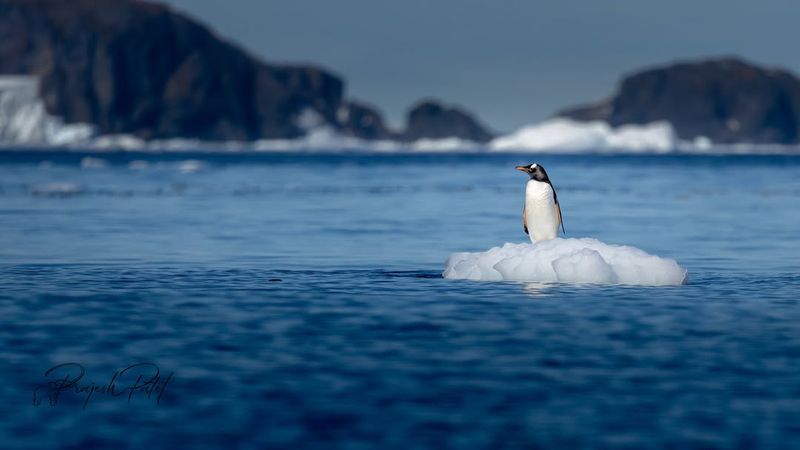
Braving the elements, penguins face a warming world. Melting ice caps and shifting fish populations mean penguins must travel farther to find food.
Their icy homes are vanishing, making survival a daily struggle. The sight of penguins perched on shrinking icebergs should ignite our resolve to combat climate change.
We must act to preserve their habitats before it’s too late.
2. Oil Spills
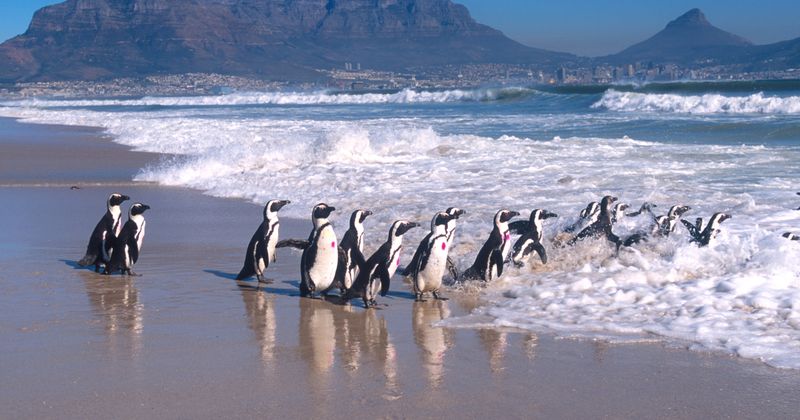
Slick and black, oil spills spell disaster for penguins. These unfortunate birds, coated in oil, lose their waterproofing and insulation.
Imagine the helplessness as they shiver, cold and exposed. We must intervene to stop these spills and clean the affected areas.
Penguins deserve clean waters to thrive, free from human-induced pollution.
3. Overfishing
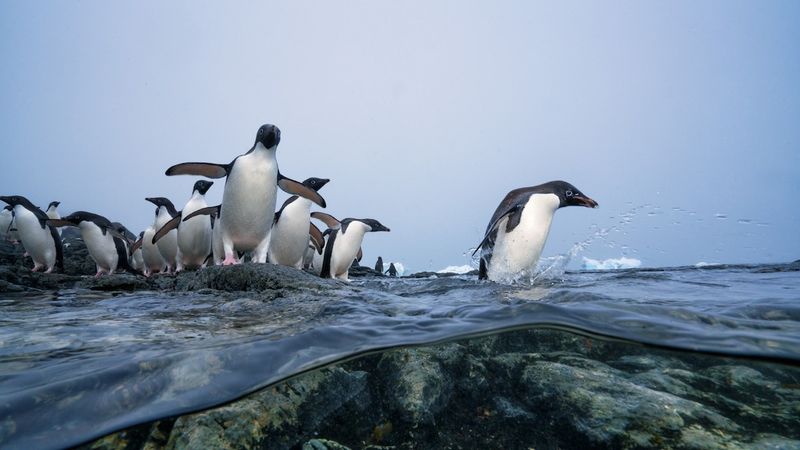
Competition is fierce in the ocean, and penguins often lose out. Overfishing leaves them with scant prey, forcing them to venture further into dangerous waters.
Picture a penguin returning to an empty sea after a long day of hunting. Sustainable fishing practices can replenish their food sources, ensuring penguins have plenty to eat.
4. Habitat Destruction
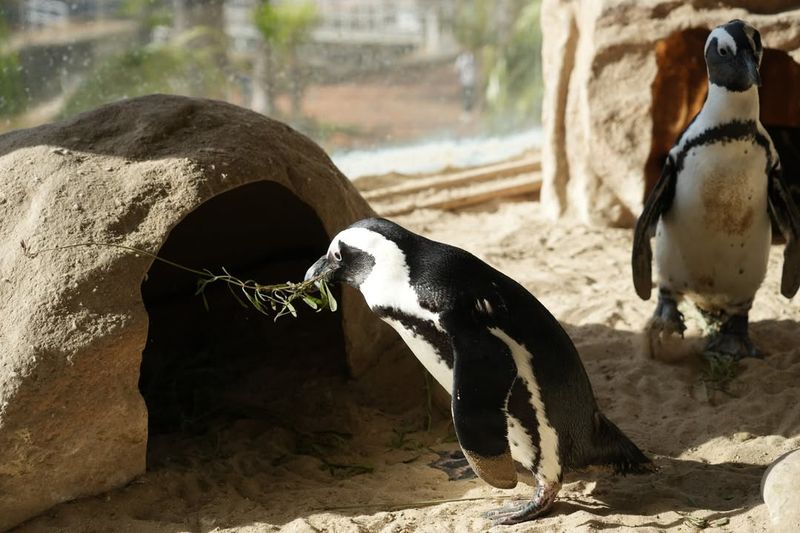
With homes razed, penguins find themselves homeless. Construction and pollution destroy their breeding grounds, leaving them without shelter.
The sight of a penguin searching for a nesting spot, only to find none, should drive home the urgency of habitat protection. By safeguarding their environments, we give penguins a chance to flourish.
5. Predators And Invasive Species
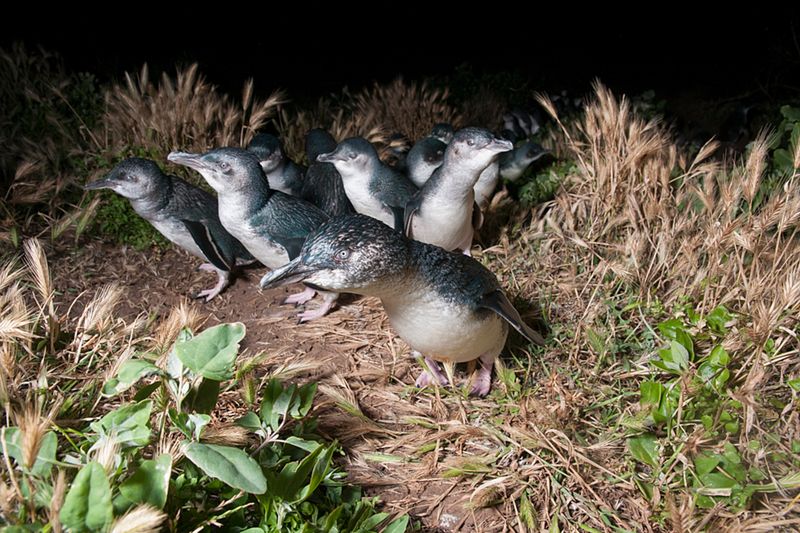
Eagles, seals, and invasive species pose constant threats. With predators lurking, penguin chicks are at risk.
Protecting penguins means controlling invasive species and managing predator populations. Let’s shield these birds from the ever-present danger.
6. Tourism Disruption
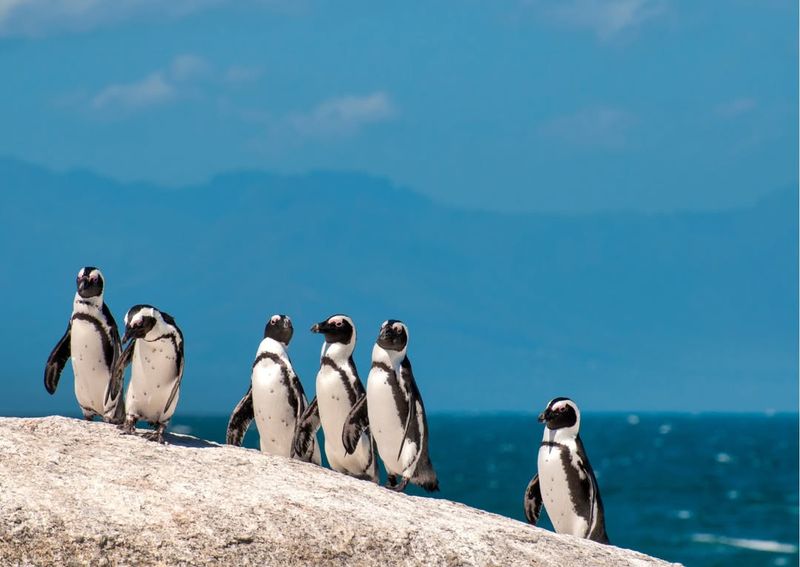
Penguins, normally unperturbed, find tourists intrusive. Human presence disrupts their natural behaviors, leading to stress and reduced breeding success.
Picture a penguin colony overwhelmed by curious tourists, unable to rest or feed in peace. Responsible tourism can preserve their tranquility, allowing penguins to live undisturbed.
7. Plastic Pollution
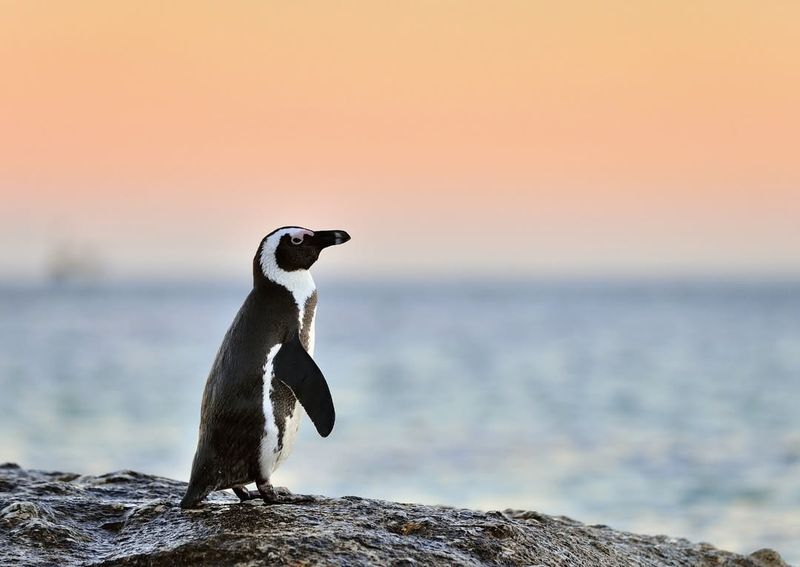
Plastic clutters our oceans and penguin habitats. These curious birds mistake trash for food, endangering their health.
Reducing plastic waste is crucial for safeguarding penguins from this silent predator. Our oceans should be free from debris for them to flourish.
8. Disease Outbreaks

Illness looms large in crowded colonies. Penguins, like all creatures, are susceptible to disease, which can spread rapidly.
Monitoring and managing diseases can keep these colonies healthy and vital. Penguins need our vigilance to ward off outbreaks.
9. Climate-Derived Food Scarcity
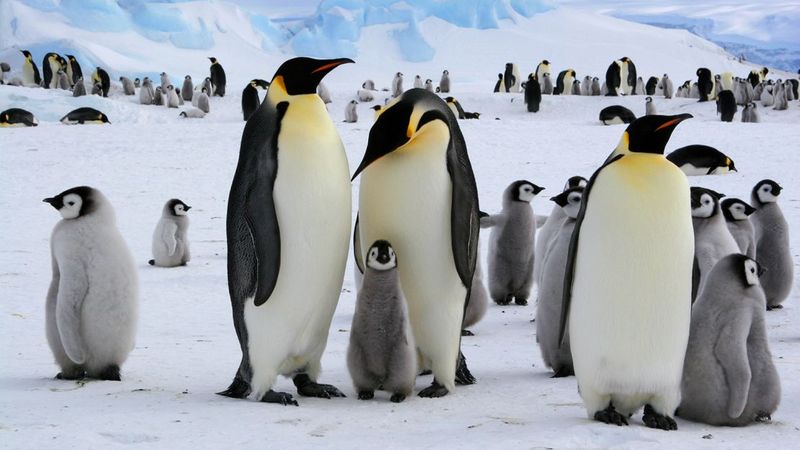
Warmer waters shift marine life, leaving penguins with empty bellies. Their long migrations yield fewer rewards as fish populations dwindle.
Our efforts to stabilize marine ecosystems are critical for their survival. Penguins’ futures hang on the balance of ocean health.
10. Unstable Breeding Conditions
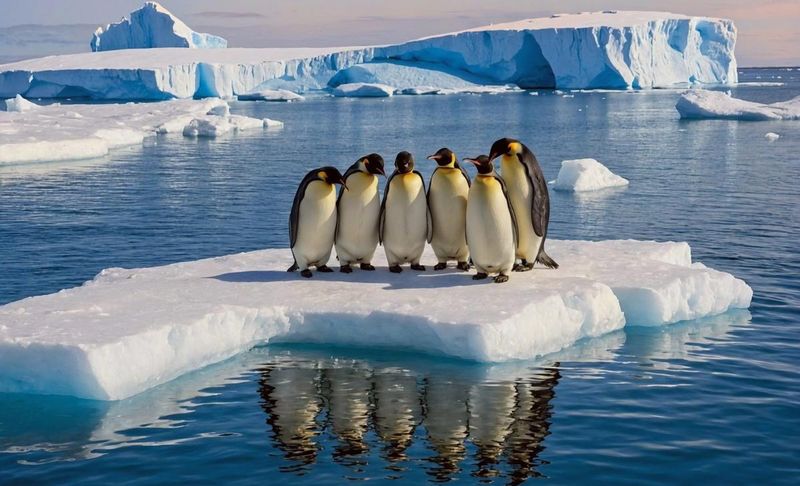
Unpredictable weather patterns are making life harder for penguins, especially during nesting season.
Stronger and more frequent storms can destroy nests and wash away eggs, threatening the next generation. These disruptions put entire colonies at risk.
Safeguarding their breeding grounds from environmental changes is essential to help penguins continue their legacy.
11. Human Exploitation
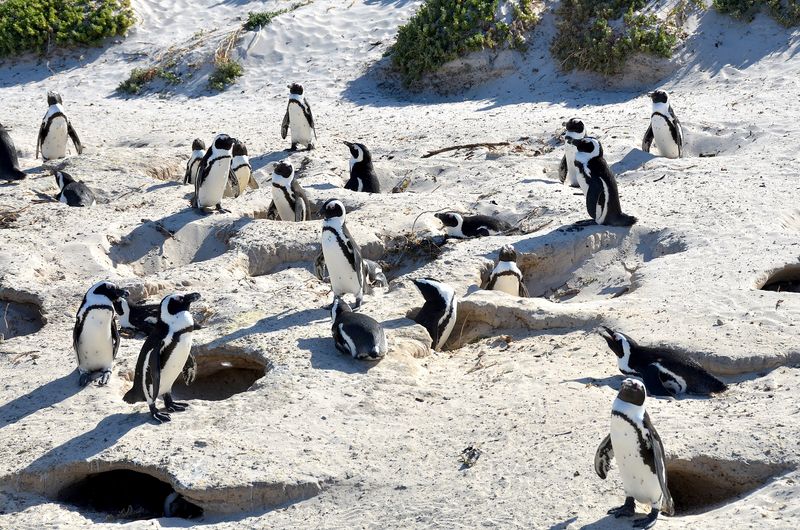
Exploitation for entertainment or trade diminishes penguin populations. These majestic birds deserve freedom from captivity.
Ensuring humane treatment and curbing illegal trade are steps toward their wellbeing. Penguins should thrive in their natural habitats, unburdened by exploitation.
12. Lack Of Awareness
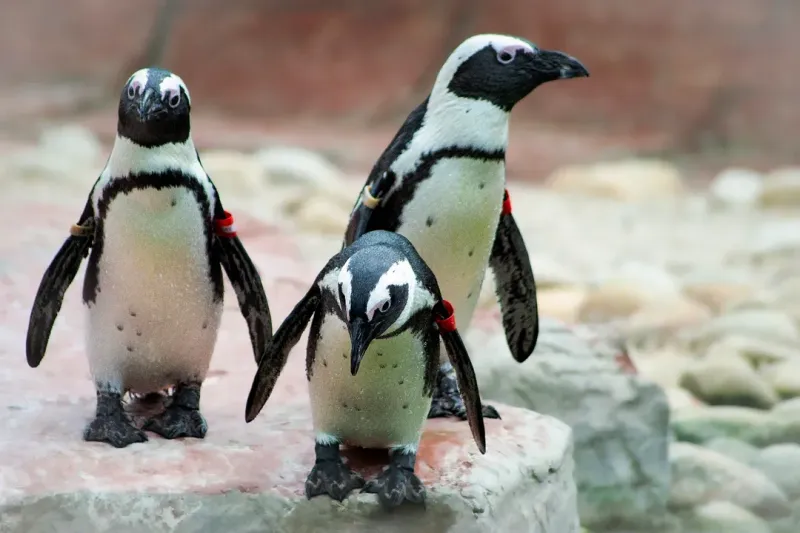
Awareness gaps leave penguins vulnerable. Many remain oblivious to their plight, hindering conservation efforts.
Fostering awareness is vital to galvanize conservation actions. Penguins need our voices to echo their struggles and inspire global empathy and support.




